The World Bank Group’s Open Learning Campus (OLC) launched a free Massive Open Online Course (MOOC) today — Policy Lessons from South Korea’s Development — through the edX platform, with approximately 7,000 global learners already registered. In this MOOC, prominent representatives of academic and research institutions in South Korea and the United States narrate a multi-faceted story of Korea’s economic growth.
Why focus on South Korea? South Korea's transformation from poverty to prosperity in just three decades was virtually miraculous. Indeed, by almost any measure, South Korea is one of the greatest development success stories. South Korea’s income per capita rose nearly 250 times, from a mere $110 in 1962 to $27,440 in 2015. This rapid growth was achieved despite geopolitical uncertainties and a lack of natural resources. Today, South Korea is a major exporter of products such as semiconductors, automobiles, telecommunications equipment, and ships.
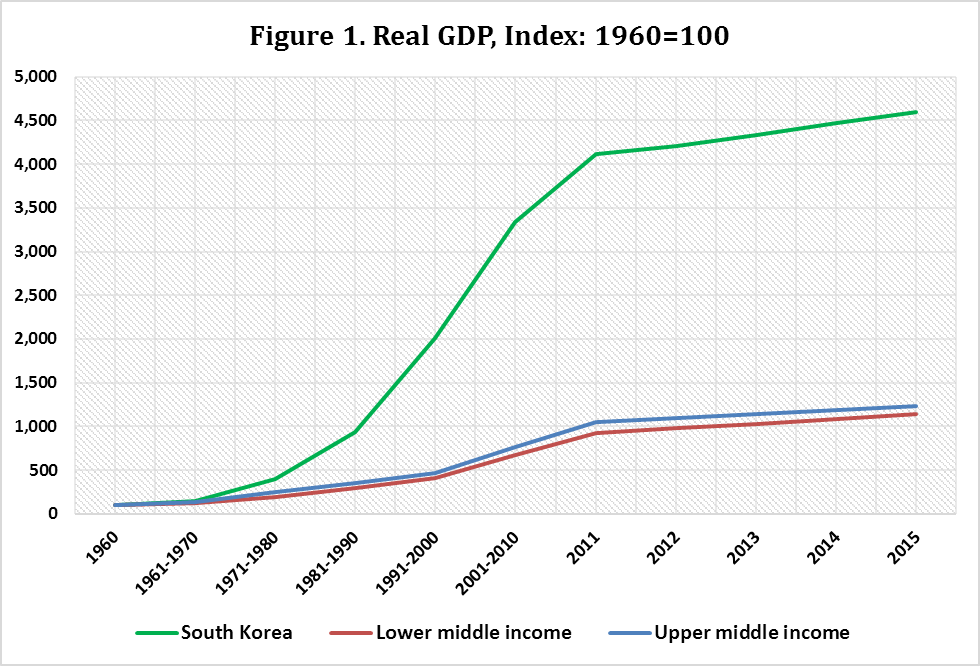
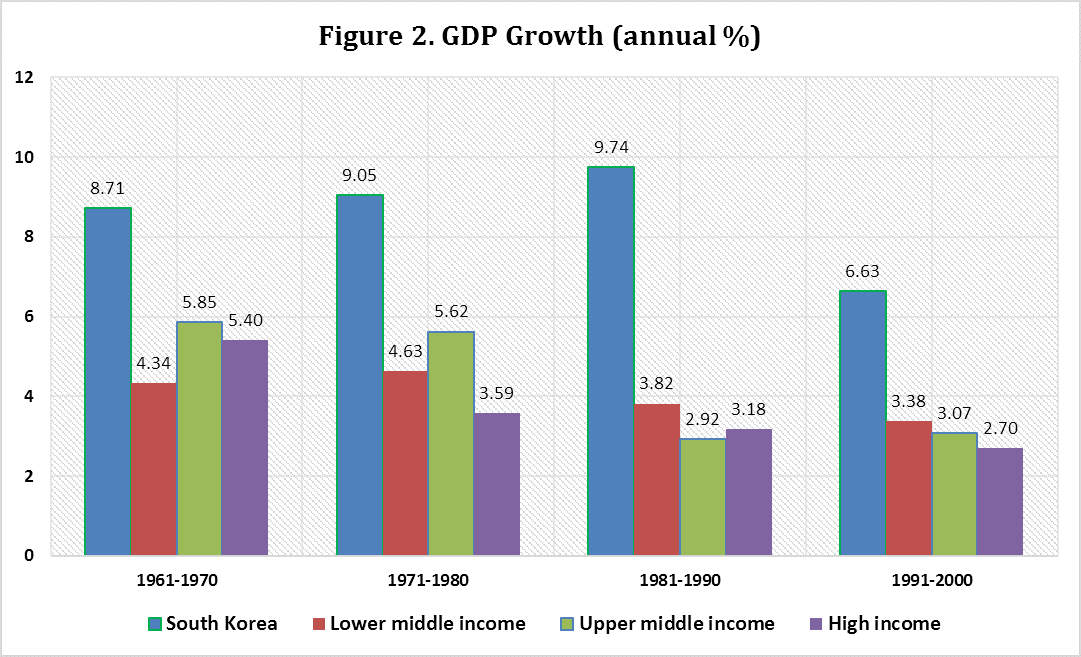
The three other East Asian Tiger economies—Hong Kong, Singapore, and Taiwan—were also highly successful. However, Korea’s experience is deemed to be especially instructive for developing countries because it is a mid-sized, resource-poor country, and it demonstrates how several stages of industrialization could be compressed into three decades. For both late-starting, low-income countries and middle-income economies facing slowing growth, Korea is a fascinating story with lots to learn from.
The vast knowledge generated from the development progress around us is transformed into actionable learning through the Open Learning Campus (OLC) for the benefit of its diverse audience. “The vision of the OLC is to become a global learning commons for international development. We will convene, connect, contextualize, and co-create learning for and with our staff, for and with our clients and development partners. We envision the OLC as a destination for content but perhaps even more importantly, a destination for problem-solving conversations and communities,” says Margot Brown, Director of the Global Operations Knowledge Management Unit at The World Bank.
What can you learn? The course explains how South Korea implemented an export-led industrial strategy with the help of a highly skilled workforce, and developed high-end manufacturing and service sectors. The course also highlights policy issues and challenges of continuing relevance, such as innovation, green growth, and an aging population. If you are curious about how development can be accelerated, this course is for you.
As highlighted in the course video presentation, Ju-Ho Lee, Professor in Labor Economics, Education and Social Policy, Science and Technology Policy at the Korea Development Institute School of Public Policy and Management shares, “Korea has simultaneously achieved astonishing economic development and a democratic political system thanks mainly to its investment in people. After the liberalization in 1945, the Korean government actively pushed for mandatory education and allocated about 80 percent of educational budget for compulsory education.”
You can hear from prominent experts and academicians in the field: professors from George Washington University, Harvard University, Korea Development Institute, Seoul National University, and University of California, Berkeley present their views on a wide range of topics, including human capital, industrial diversification, innovation systems, and social safety nets. You also have the opportunity to participate in facilitated online discussions on topics including institution- and policy-related lessons applicable to your own country.
Soogil Young, Director of the UN Sustainable Development Solutions Network, Korea and Visiting Professor at the Korea Development Institute School of Public Policy and Management discusses in the course video presentation, “Most striking is the emergence of innovative exchange networks for energy and byproducts among the industrial plants for industrial symbiosis since the 1990s. This program evolved into the so-called eco-industrial parks or EIPs, under an EIP master plan launched by the Ministry of Industry and Energy in 2003. This is a 15- year project aiming to create eight EIPs across the country.”
What are the key lessons? At least three key lessons from South Korea’s past still resonate:
- A strong, effective state focused on development via a market-based system is a necessary condition.
- Lacking natural resources, Korea relied on its labor, giving due attention not just to the quantity of schooling, but also to the quality of education. This promoted rapid industrialization, upgrading, technological catching up, and more recently a focus on innovation.
- The role of IT skills and ICT infrastructure was only dimly apparent in the mid-1990s when Korea launched a national effort—today, it underpins economic performance. Countries that do not invest in new technologies and skills risk being left behind.
This MOOC has been developed by the World Bank Group’s Open Learning Campus (OLC) in collaboration with the Korea Development Institute (KDI). Joyce Msuya, Special Representative of the World Bank Group in the Republic of Korea invites learners to join this course. “The World Bank Group in Korea has benefited from a very strong and deep partnership that has spanned over 60 years. I warmly welcome you to join experts, academia, and leaders in Korea’s economic growth and learn about the miracle that is South Korea.”
Click here to learn more and sign-up.

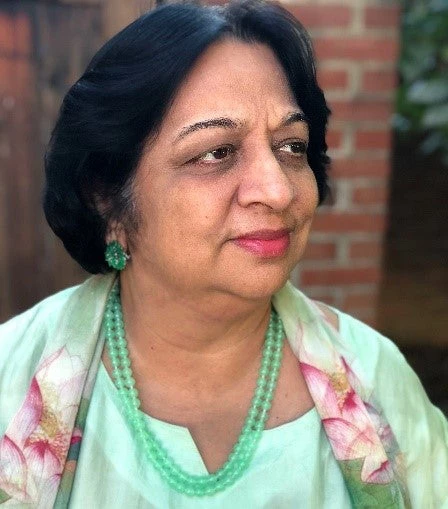
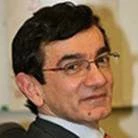
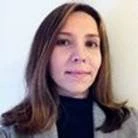
Join the Conversation